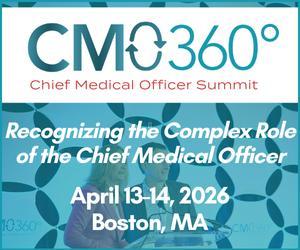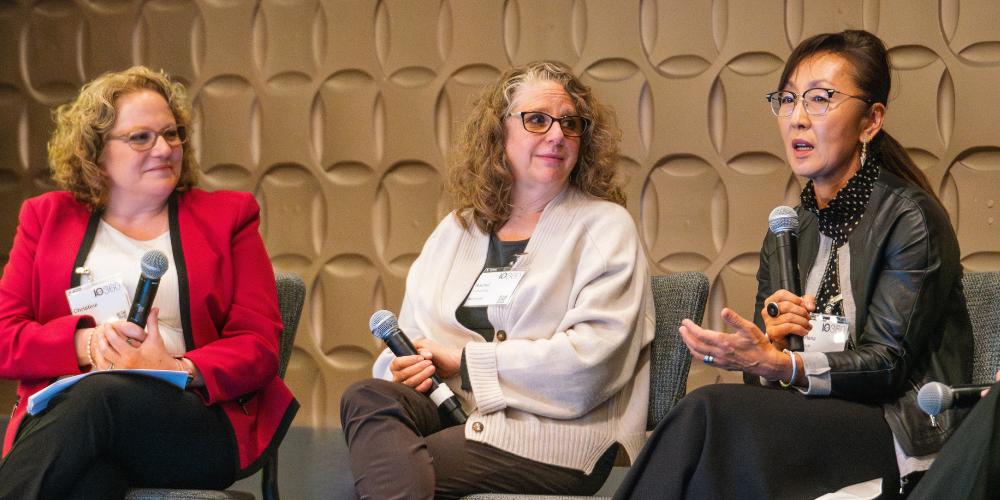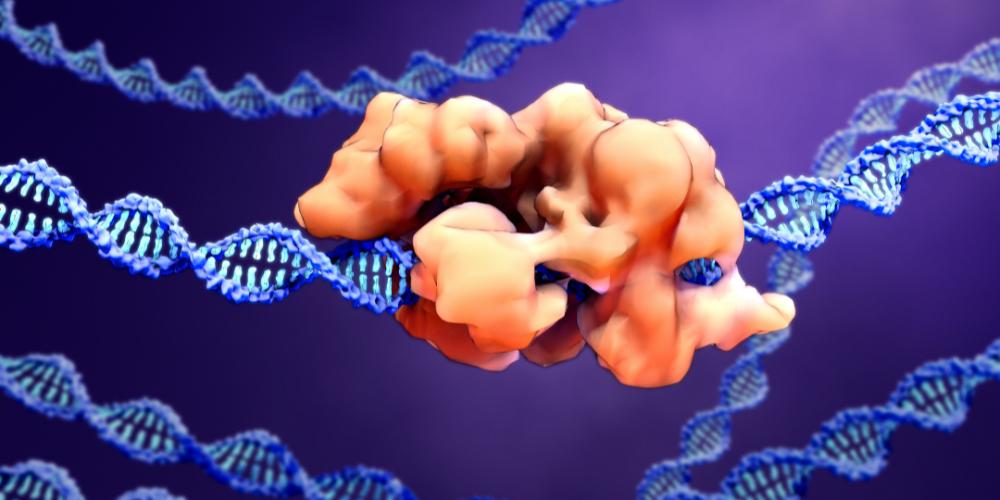How to Make Tumors More Targetable, Using the Tumor Microenvironment
Marisa Dolled-Filhart, PhD, is studying the TME to understand how tumors evade the immune system, in an effort to make them more targetable in the future. She is VP, Translational Research, Cancer Immunology and Cell Therapy Thematic Research Center at BMS.

Tell us about the work you are leading.
I currently lead a translational research team focused on the tumor microenvironment. Studying the tumor microenvironment helps us understand not just tumor cells, but also multiple cell types within the tumor such as immune and stromal cells. My team focuses on translational biomarker strategies and execution for Phase 1 and Phase 2 oncology clinical trials, to learn more about mechanism of action and pharmacodynamics, to inform dosing, and to identify potential predictive biomarkers.
It is exciting to be a part of building a portfolio of foundational assets addressing both tumor-intrinsic and tumor-extrinsic mechanisms, leveraging causal human biology and combinations for durable responses with transformational potential.
"Understanding how cells interact within the tumor microenvironment can help us learn more about how tumors evade immune system detection."
What will become possible next if your work studying the TME succeeds?
Understanding how cells interact within the tumor microenvironment can help us learn more about how tumors evade immune system detection and how to make the tumor more targetable so that the host immune system can more effectively fight back against cancer.
By exploring the complexity of the tumor microenvironment, we hope to use our findings to generate and advance therapies by understanding how best to harness the body’s own immune system. In addition, translational datasets can help guide the next generation of medicines.
What research outside of your specific work are you keeping an eye on?
I am interested in understanding mechanisms of action of next-generation checkpoint inhibitors, as well as factors contributing to resistance in post-IO settings; the tumor microenvironment is a rich source of information from which we continue to learn.
I also keep following research emerging from the use of genomics, multiplex immunofluorescence and spatial transcriptomics in further elucidation of the role of the tumor microenvironment as compliments to traditional pathology, although acknowledging challenges such as complexity and cost.
"By exploring the complexity of the tumor microenvironment, we hope to use our findings to generate and advance therapies by understanding how best to harness the body’s own immune system."
What sparked your journey into oncology research?
My grandfather passed away from pancreatic cancer when I was in college, which was devastating to me and to my family. It was my first direct experience with someone I loved dealing with and ultimately passing away from cancer.
I always knew that I wanted to pursue a career in science. My grandfather’s passing from pancreatic cancer plus amazing scientific innovations occurring (particularly in genomics) while I was in college drove me to follow my scientific passion by getting a PhD in Genetics. My PhD research in Dr David Rimm’s laboratory was focused on cancer, biomarkers, pathology, and patient outcomes.
How do you maintain your energy in this field?
I have been driven by a passion to help others and impact throughout all the roles I have held, which has been very meaningful to me specifically in contributions made as part of teams advancing immunotherapy drugs and PD-L1 testing. The impact to patients from immunotherapy drugs has been incredibly motivating and inspirational in my career, especially in working on new medicines with the goal of continuing to transform the lives of patients through science.
What is your career advice, especially for young women who are entering science careers?
I encourage women entering scientific careers to identify their own personal board of advisors (their “brain trust”). This can be a mix of mentors, peers, personal relationships, and sponsors that can provide a strong support network to rely upon and give advice when navigating career challenges and decisions.
The composition may change during different stages of your career, and it’s helpful to have a variety of mentors (both formal and informal). I also have greatly benefited from participating in groups and organizations such as the BMS Network of Women (B-NOW) and the Healthcare Businesswomen’s Association (HBA) that support women in development, advancement, empowerment and networking.
Do you have any final thoughts about the tumor microenvironment?
The tumor microenvironment is important not only for immune-oncology therapeutics but may also impact response to tumor-intrinsic and CAR T cell-based therapies.
Our understanding of the role of the tumor microenvironment in response to cancer therapies continues to evolve. The tumor microenvironment is a complex composition of many types of cells and interactions, but the importance and role of various components are still unclear and remain an area of active research.
Book recommendations:
My favorite recently re-read book is “Give and Take” by Adam Grant, which has been useful for me in finding comfortable ways to reconnect within my network post-pandemic, as well as for providing advice to scientists that I mentor. I appreciate the thoughtful ideas in this book on how to re-connect, expand, and continue to give to those within my network; the focus on relationship-based networking (rather than transactional networking) resonates with me.










